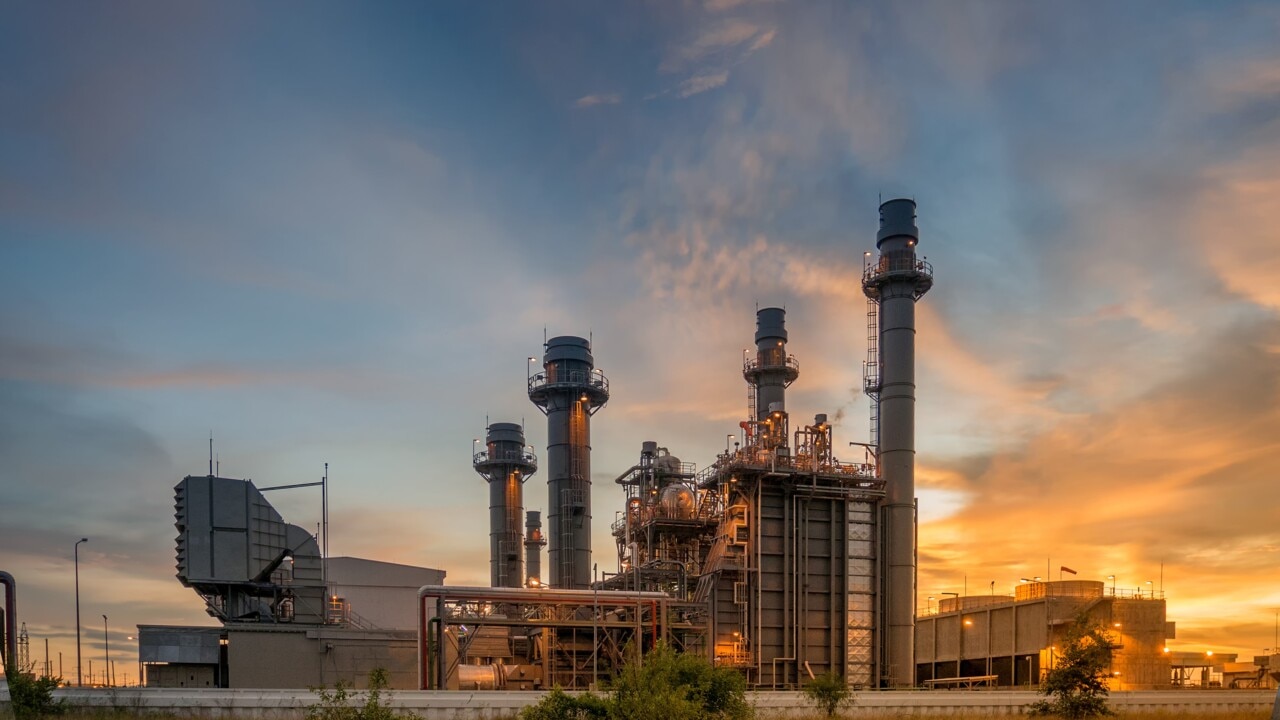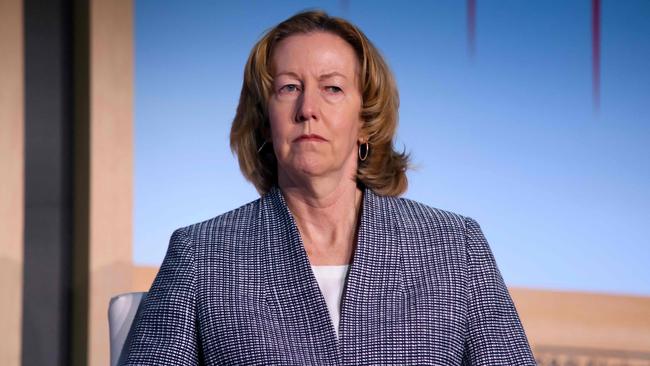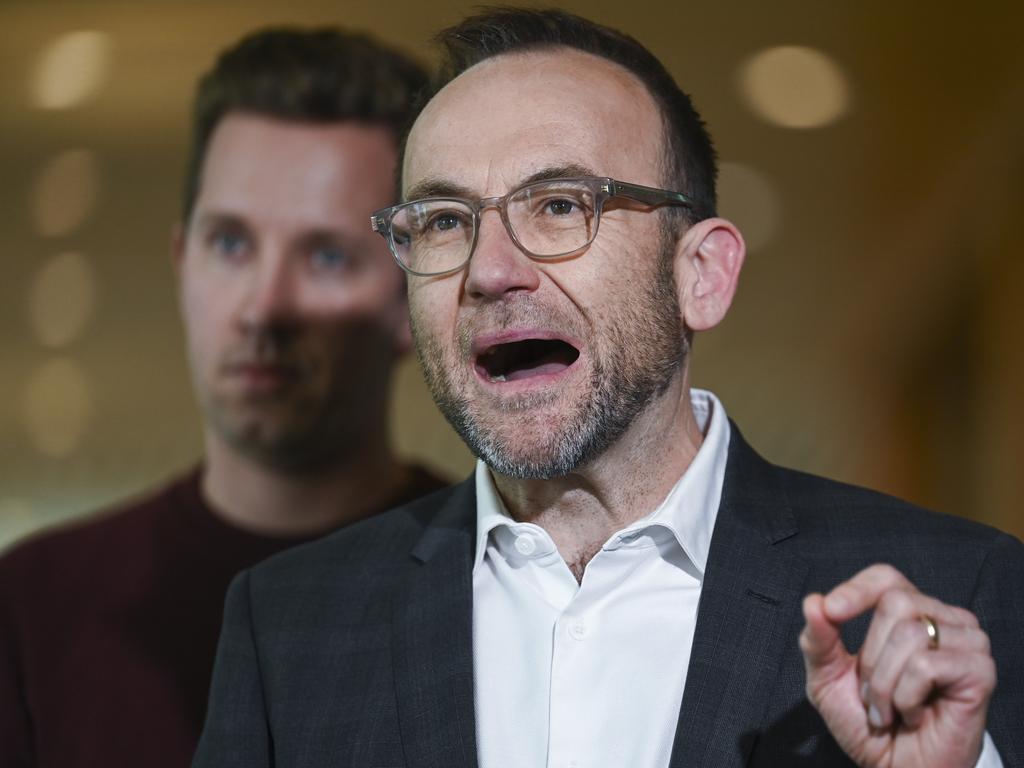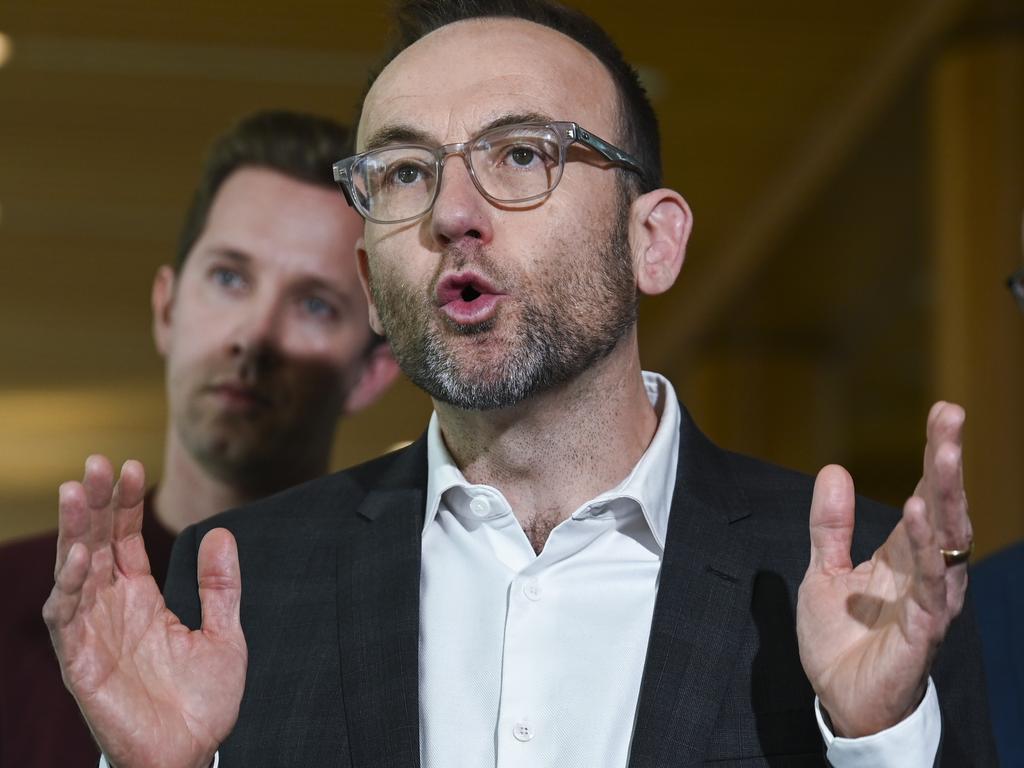Labor’s energy policy has been almost exclusively wishful thinking, says Woodside’s chief
Labor must deliver on its commitment to gas or risk seeing investment flow overseas, warns Woodside chief Meg O’Neill.

Wishful thinking has guided nearly all of the federal government’s energy policy, the chief executive of Woodside Energy says, as some of Australia’s largest foreign investors warn that Labor must deliver on its commitment to gas or risk seeing investment flow overseas.
Tensions between the federal government and the resource sector have been simmering for months, but the overt comments from one of the country’s most senior energy executives show ties are beginning to fray.
Labor earlier this month published its gas strategy, deeming the fuel source as critical if it the nation is to meet its energy transition goals and climate targets.
The statement was well received by the country’s resource sector, following a spate of interventions by the government, and appeared to herald a rare truce, but this has since ended in recent days. In an indication of the tense relationship between the government and the resource industry, Woodside chief executive Meg O’Neill said the Future Gas Strategy was good policy that was guided by reason – a unique case from the ruling federal government.
“It’s really the first time that the federal government has used a data-driven approach and not a wishful thinking approach to outline energy policy,” Ms O’Neill told the Australian Energy Producers conference.
The overt criticism by Ms O’Neill underscores the frustration felt by Australia’s resource industry, ignited in recent days when Labor pulled an amendment that would have significantly reduced the legal jeopardy faced by the country’s offshore gas industry.

Labor last week withdrew legislation that would have closed a legal avenue exploited by environmentalists to curtail new LNG developments, after striking a deal with the Greens for support of its wider legislative agenda. The government had assured the industry earlier this year it would move to define who offshore gas developers needed to consult.
This came after Santos suffered damaging delays when Indigenous claimants alleged the company had failed to consult with them prior to works beginning on its $5.7bn Barossa project.
Labor has insisted that it has not abandoned the pledge, and will continue to consult players and refine the measure, so it could pass through parliament. Labor, however, remains unapologetic, as Resources Minister Madeleine King absolved the government of blame.
“I know there is some disappointment in this room about that but I want to be very clear: my disappointment is not for the industry but the community that will remain subject to inadequate and inappropriate consultation requirements, for longer,” Ms King told the Australian Energy Producers conference.
“The Greens political party and the crossbench independents and others promoted widespread misinformation in relation to the proposal that would ensure the community had the benefit of clarity and certainty in consultation.
“This misinformation went entirely uncontested by just about everyone other than the government.”
While Labor is unmoved, global LNG companies are increasingly warning the apparent indifference to the industry could reduce the appetite for new investment.
Takayuki Ueda, chief executive of Inpex Corporation – Japan’s largest oil and gas exploration and production company and the lead developer of the $US45bn ($67.5bn) Ichthys LNG project in Darwin – warned that capital was mobile, especially if the government continued to change the legislative framework.
“We have some concerns about the policy goalposts have been moved after the game has started,” Mr Ueda said.
If foreign giants begin to curtail investment, it will be a substantial blow to Australia’s economy. LNG is one the country’s largest exports and the industry employs tens of thousands of people. Declining gas production would be a major problem for Australia’s regional allies, many of whom are dependent on Australian supplies.
It could have ramifications for domestic supplies, as Australia’s east coast faces a looming shortfall.
The Australian Energy Market Operator earlier this year warned that the region may have supply shortfalls as soon as next winter, forcing some generators to burn diesel to guarantee electricity supplies.
One possible solution is importing LNG into Australia’s east coast via so-called import terminals.
This could be necessary for Victoria – the country’s most gas-dependent state – to guarantee electricity supplies and curtail possible price rises.
One of Australia’s biggest foreign investors, US energy giant Chevron, on Sunday warned that Labor’s decision to back down on gas approvals has dimmed its appetite for future investment needed to safeguard tens of thousands of jobs and regional energy security.
Chevron Australia’s managing director Mark Hatfield said Australia had historically been considered a safe and reliable investment destination, but recent actions by the federal Labor government undermined that reputation.






To join the conversation, please log in. Don't have an account? Register
Join the conversation, you are commenting as Logout